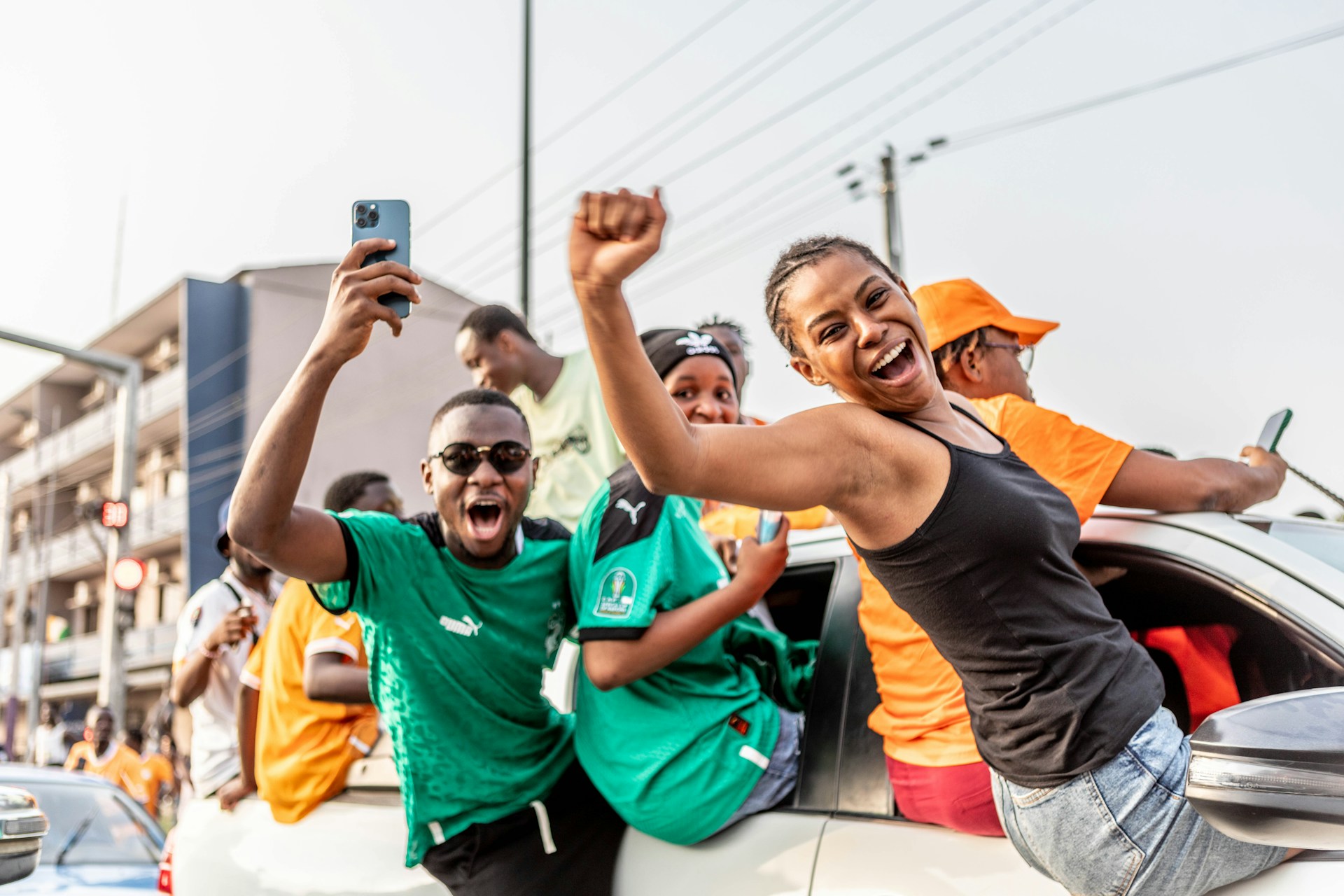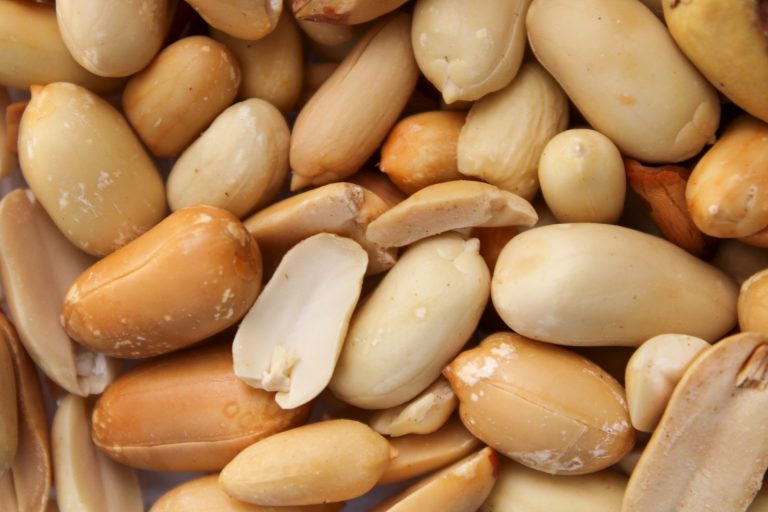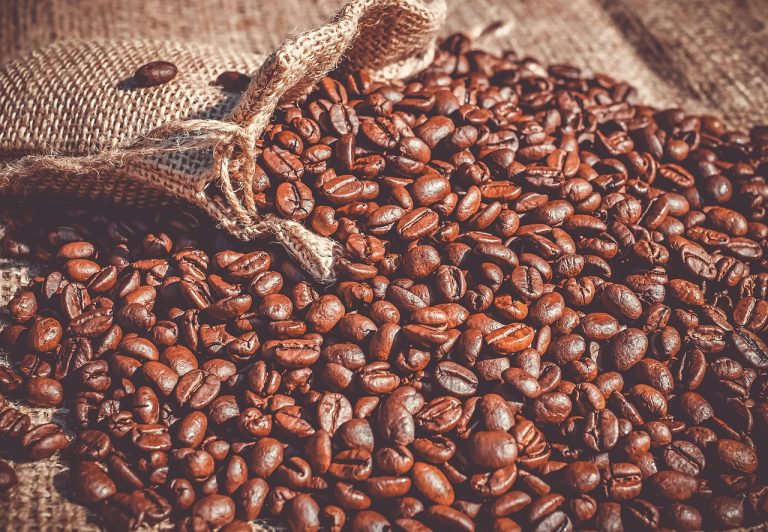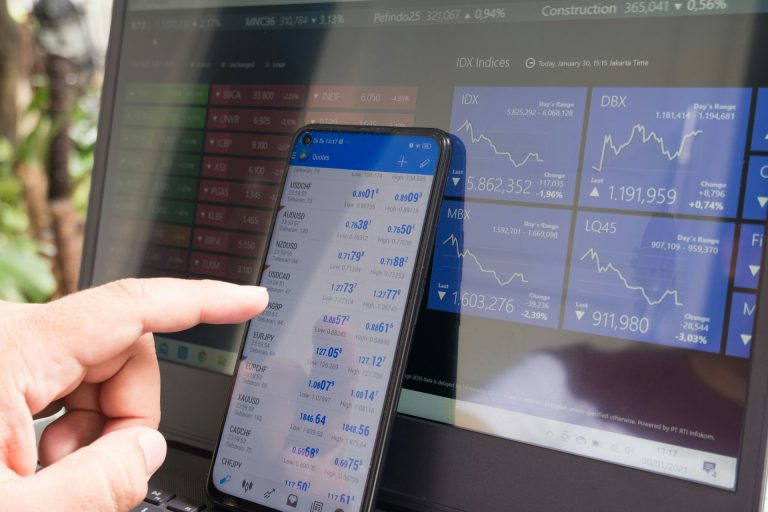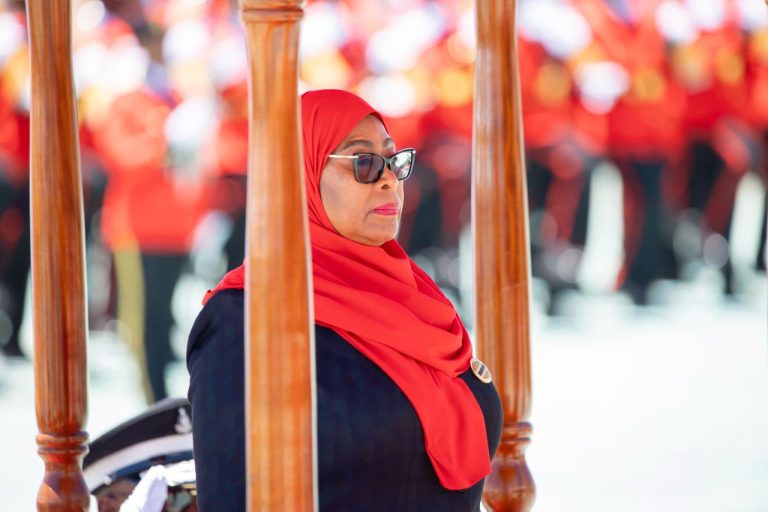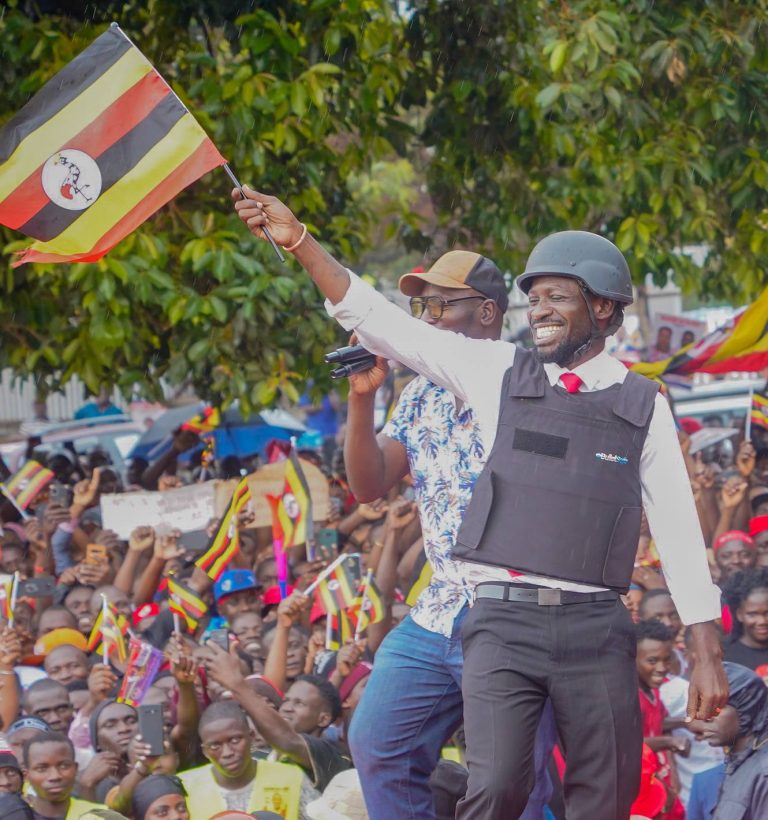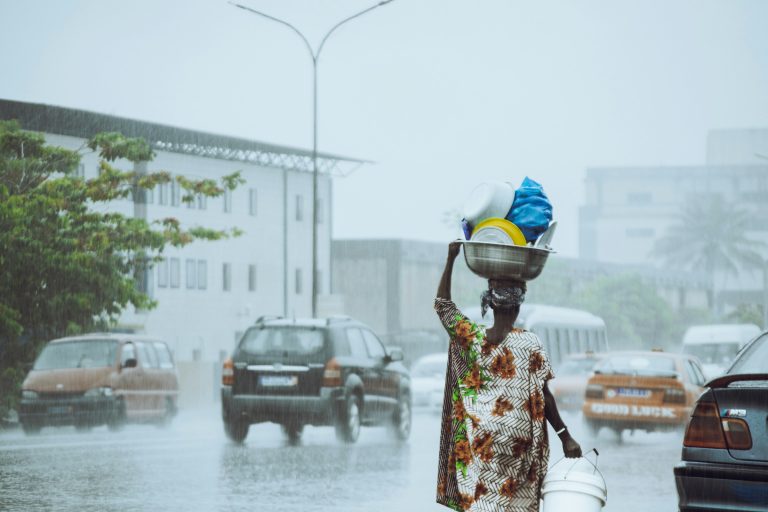- Investors weigh liberal vs nationalist policies ahead of vote
- Ouattara’s pro-foreign stance faces populist pushback from rivals
ABIDJAN, IVORY COAST – Investors in Côte d’Ivoire are keeping a close watch on Saturday’s presidential election, which could redefine one of West Africa’s most open investment environments.
Incumbent President Alassane Ouattara, seeking a fourth term, has built his legacy on liberal, foreign-friendly policies that have drawn capital and business from across the region. But several of his four rivals are running on nationalist and sovereigntist platforms, pledging to prioritise Ivorian ownership and domestic industries.
In recent years, Côte d’Ivoire has benefited from an influx of businesses relocating from Burkina Faso, Mali, and Guinea, where military coups have chilled investor confidence. Yet this liberalism, long praised by global markets, is now under scrutiny from opposition candidates.
Ahoua Don Mello, an independent contender and former public works engineer with communist leanings, has been particularly critical of Ouattara’s policies. He argues that the current investment code favours foreigners at the expense of locals.
“Côte d’Ivoire boasts an open investment policy which has helped attract a huge number of foreign investments since 2011. It’s true that a couple of nationalist figures are criticising the move, but these are big investments that many Ivorians can’t afford,” Maurice Gbané, director of the Economics and Management Sciences unit at Félix-Houphouët-Boigny University in Abidjan, told Allen Dreyfus.
Gbané warned that altering the policy “would reduce the number of offers and push back potential foreign investments, which is not good for any ambitious country.”
Two female candidates — Simone Ehivet Gbagbo, the former first lady, and Henriette Lagou, a former minister — are also campaigning on economic nationalism, drawing inspiration from the Alliance of Sahel States (AES) bloc of Mali, Niger, and Burkina Faso. They argue that too much of the country’s wealth is controlled by foreign firms.
“There are still too many poor people, and the only way to remedy this is to give the country back to Ivorians. All our businesses are in the hands of foreigners,” said Francis Sery, a former senior analyst at the Economic, Social, Environmental and Cultural Council.
Sery added that empowering domestic investors would help ensure that wealth “remains in the country, unlike foreign investors who move it abroad.”
Strong growth, deep inequality
Côte d’Ivoire, the world’s leading cocoa producer, has averaged 7% annual growth between 2012 and 2024, fuelled by hydrocarbons, services, and private investment, according to the economy ministry. Growth is projected to ease slightly to 6.2% in 2025 and average 6.4% through 2027.
But beneath the macroeconomic strength lies a stark divide: over 80% of Ivorians survive on informal or precarious work, according to the IMF, fuelling resentment toward foreign-dominated sectors.
Most analysts expect Ouattara to retain power, meaning continuity for his liberal agenda. However, some political observers predict subtle adjustments if he seeks to broaden his base after the vote.
“There have been calls from some traditional rulers for Ouattara to include one or two of his co-runners in his cabinet if he wins. If that happens, then we should expect some kind of review in the investment policies,” said Konan Jean Pierre, an independent economist and author.
For now, investors remain cautiously optimistic — hoping the country’s enviable growth story continues, even as populist winds reshape the political landscape.
